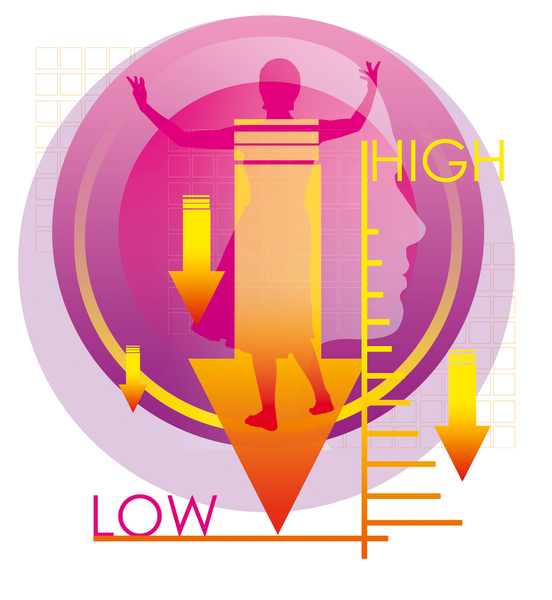 Have you ever worn a Fitbit, Nike+ Fuelband, or pedometer? Ever jogged along to Zombies, Run!, the immersive running game that motivates exercise with an imaginary band of zombies? How about participating in an ARG (Alternate Reality Game)?
Have you ever worn a Fitbit, Nike+ Fuelband, or pedometer? Ever jogged along to Zombies, Run!, the immersive running game that motivates exercise with an imaginary band of zombies? How about participating in an ARG (Alternate Reality Game)?
Experts and procrastinators agree that motivation is hard to come by. Many times people need to take action, but the consequences aren’t close enough or obvious enough. We have tunnel vision about what’s needed, but it’s possible to move rewards and consequences “into our tunnel.” The book Reality Is Broken: Why Games Make Us Better and How They Can Change the World by Jane McGonigal suggests that games are more thrilling, rewarding, and adept at tricking the human psyche into taking action and deriving satisfaction than the real world around us.
Social changes start small and grow. My flash piece “Immeasurable”, now available in Nature, explores the possibility of motivating ourselves to be better and the costs that come when people assign point values to life. It’s free online.
Think about it– we’re already being manipulated by advertisers and campaigners, so why not manipulate ourselves with points, rewards, and feedback?
If I were a real marketer, I’d motivate you with promises or offers to encourage the action I want. Leave a comment below.


I loved your story. I also love the concept and am actually working on a design concept for a product that has some parallels to your metric. I’m torn between writing a short story all about it or actually trying to develop the product! (Laugh with me please!) Either way, I’ll probably read McGonigal’s book, so thanks for that reference. And generally, Thank you for sharing!
Thanks Tori! Good luck with your product.
With improvements in monitoring and measuring, we have the opportunity to fine-tune goals even in our personal lives.
When I was a business consultant, I saw managers create excel scorecards for their divisions to evaluate progress. It worked–they got what they measured–but sometimes to the detriment of goals that weren’t easily charted numerically. To me, the continuing confluence of technology and social engineering is inevitable, and we’ll have tons of passive data available.
We just need to make sure we’re measuring and rewarding the right things.
McGonigal’s book wasn’t as focused on future uses as I would have liked, but there are some valuable sections. I particularly liked reading about what motivates people.
Thanks for the great story. Hey! I’ve left a comment. It’s working.
*scared*
Dear Ms. Roulo,
Just wanted to tell you I very much enjoyed the short story “Immeasurable” in Nature. Many of these stories fail for one of two reasons – 1) the material demands more space than the one page format, so it cannot be covered adequately, or 2) the material relies on a concept so simple that expanding to one page is too much. You have met my “Goldilocks” test – you got it “just right”! Not only a well crafted (hopefully!?) alternate universe and storyline, but realized in just the right space. Also, and most importantly, an excellent use of SF in the service of a real human problem or predicament. Thanks so much.